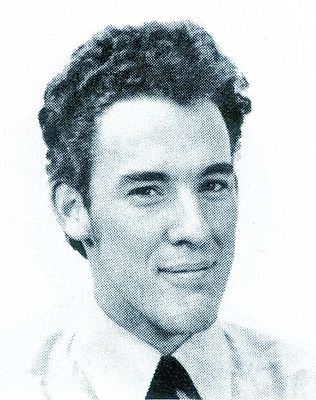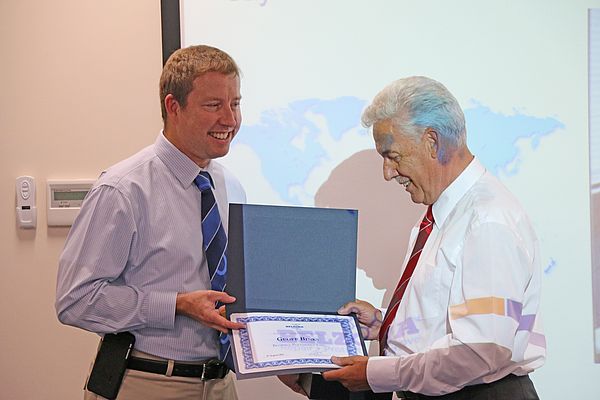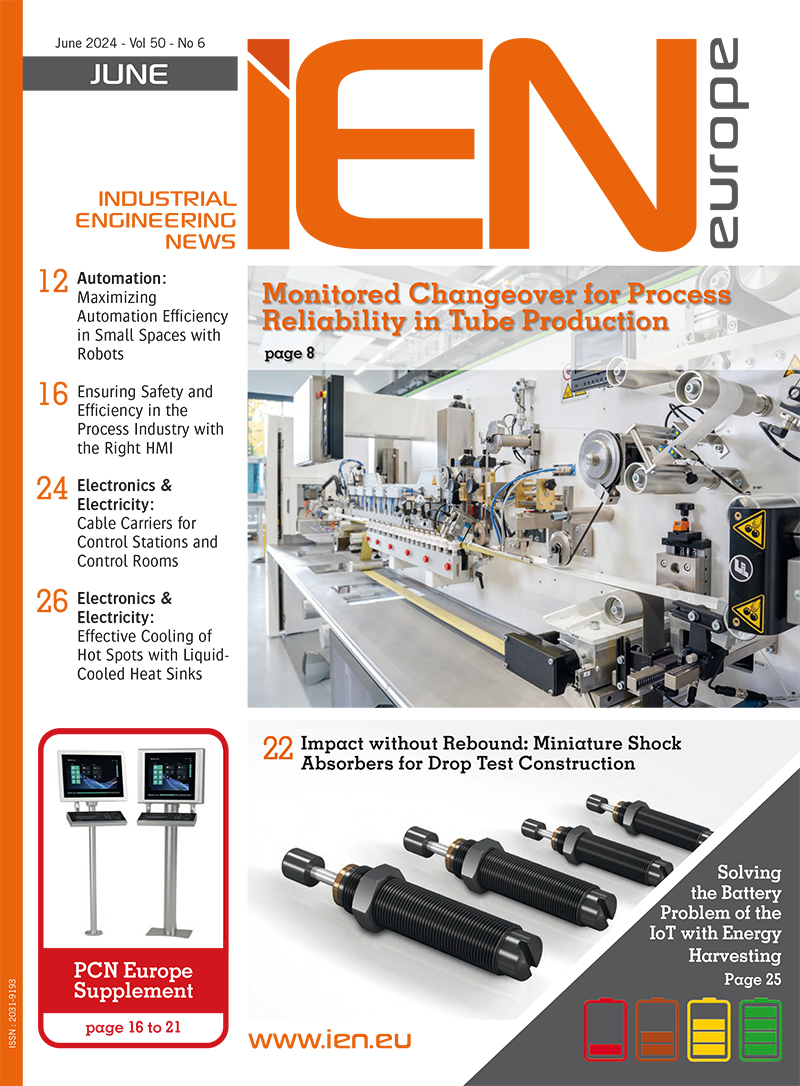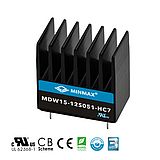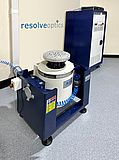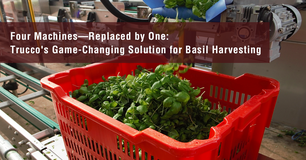Geoff was born and raised in Harrogate and joined Belzona in 1965 direct from Technical College with a chemistry background. He first worked in R&D on a broad range of products, particularly the Belzona Metals which saw radical development in 1968 with the introduction of the first Belzona Super Metal formulation. In the early 1980s, Geoff joined a newly formed Technical Service Department, the Molecular Engineering Department (MED), responsible for field visits, inspecting and supervising applications and delivering in-plant training. Mr Binks' exposure to all aspects of Belzona's business, ultimately lead to his position as Technical Service Coordinator acting as a link between chemists, engineers, sales and marketing.
With his wide ranging knowledge and experience, Geoff provides global technical support to Belzona customers, distributors and staff. After celebrating 50 years in Belzona, we thought it would be a good time to ask this "Belzona Guru" a few questions about his experience and get his account on how the industry changed over the years.
1) Your career started in the 1960s. Can you describe some of the standard industry practices of that time in terms of repair and maintenance?
First of all, polymer repairs were almost unheard of. We had to show people exactly how the polymer works, changing from a liquid to a solid state. Health & Safety was not a major priority at the time. This was throughout the industry, little PPE such as gloves or eye protection, as well as in our laboratory, where pranks were commonplace. Can you share some of your favourite pranks? I will not go into too much detail, but one prank involved polystyrene drinking cups being attacked with solvent leading to loss of containment!
2) How has the Belzona brand evolved over time?
We always say that Belzona does not corrode, which is of course true, but there was a time when Belzona Metals could corrode. Back in the early 60s we used iron powder in the polymer, which was able to rust, before silicon steel alloy was deployed into Belzona Metals in 1968.
The number and variety of products over the years has increased dramatically, with product ranges such as the Belzona Magma and Elastomer systems being introduced. Our old moto used to be "Total Maintenance Capability", which meant that we endeavored to have a product for every problem a customer may be faced with. So, we ended up with a diverse offering of repair and protection materials covering a broad range of substrates and operating conditions.
Additionally, Belzona was mainly sold in small quantities, as pack sales. Now, however, we get increasingly involved in large scale projects, sometimes requiring several tons of Belzona materials. For example we recently did a job on a new Ichtys platform installing riser bearings which involved over 25 tonnes of Belzona 1321. Belzona injected to bond bearing to housing
3) How has the Oil and Gas industry changed over the last 50 years?
At first, the word "Oil and Gas" did not exist in our vocabulary. In the 60s we mainly concentrated on the UK market, and at the time oil was imported from America. Petrochem was the word used, referring to the work we did in the downstream refineries. We really became seriously involved with upstream Oil and Gas industry in late 1980s, when we successfully carried out a lining job on a separator in the North Sea.
4) What are your career highlights?
Being involved in the development of the first Belzona Super Metal in 1968. This set the standard being corrosion resistant, easier to mix and apply and had higher physical properties, particularly adhesion and heat resistance, than other materials available at the time. This product has remained one of our best sellers and is synonymous with the Belzona brand due to its performance and versatility. After working on product development for many years, my job evolved through technical service and technical writing to when the Molecular Engineering Department (MED) was created. At that time we also recruited Ron and Dave, our current Managing and Technical Directors.
One of my responsibilities at that time was managing the Belzona Slide Library, an impressive collection of 100,000 or more 35mm slides, vital in the creation of literature and customer presentations. This led to my involvement with marketing, working on creating technical and sales literature, particularly Know How in Action as well as our audio-visual (AV) presentations, the precursor to today's videos. AVs with titles such as "Dr Belzona", "The Unconventional Alternative" and "Simply the Best" were the key tools used by Consultants. I guess another highlight would be the opportunities I have had to work in so many different areas of the business which has allowed me to meet many different people from many different industries and led to some, but not excessive, global travel.
5) What does the future hold for repair and protection against erosion and corrosion?
As heavy industries are beginning to decline, and planned maintenance increases, we will need to continue to adapt and ensure we target emerging markets and industries. Most of our current customers probably only use 10% of our product range, so there is always potential there.
By-line: Interviewed and written by Marina Silva


